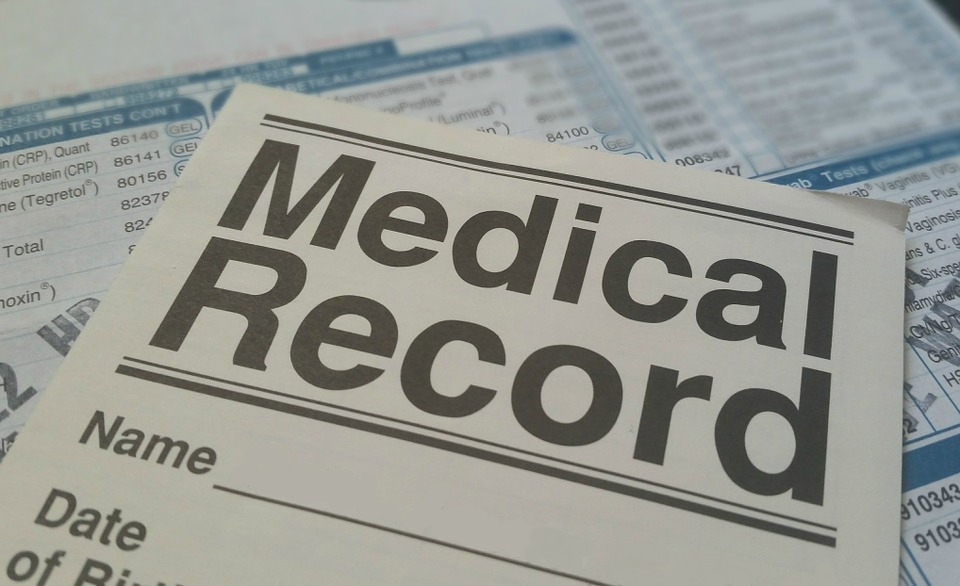If you are a doctor or medical practitioner, you can have a malpractice lawsuit filed against you at any time. By the age of 65, at least 70% of practitioners in low-risk medical specialties have been sued. 99% of medical practitioners in high-risk specialties have been sued by the time they attain the same age. Here are specific steps you can take to strengthen your medical malpractice defense.
1. Contact Your Insurer

If you have a hunch that a patient is about to sue you, the first thing you need to do is to contact your insurer. The insurance company will immediately assign a representative to help you through the litigation process. From the moment the claims representative is assigned to you, you will be required to ensure you do not speak to the plaintiff’s attorney in the absence of your claims representative. If the case proceeds to court, your insurance carrier will assign a good medical malpractice attorney to help you through. You are expected to provide the medical files for the plaintiff and also interpret the records to your attorney. You will also need to identify key witnesses.
2. Do Not Alter the Patient’s Records

One of the biggest mistakes doctors and physicians make when faced with a medical malpractice lawsuit is to alter the patient’s records. Any attempt made to alter the reports will be noticed by the plaintiff’s attorney and this leaves you looking guilty. You need not panic since most physicians end up winning medical malpractice lawsuits filed against them. Altering the records can lead to loss of your practicing license.
3. Practice for The Deposition

Before the trial is heard in court, the accused side and the plaintiff’s side are expected to exchange information based on evidence and possible witnesses. This information can be in the form of written questions and answers. A deposition is simply a testimony given under oath as a trial run of the main trial. The strengths and weaknesses are revealed during the depositions. You should not come off as arrogant, less credible, or confused as the plaintiff’s attorney will use these weaknesses against you in the actual trial. Expect to be asked questions pertaining to your practice and training.
4. Help Your Attorney to Discredit the Case

Your attorney works for you and not against you. Therefore, you are required to tell them everything you know about the case. You need to attend all depositions, including those of the plaintiff and the witnesses. When you are present, it will stop the plaintiff or witnesses from exaggerating their accounts. Ensure you completely study the medical files as you will be expected to defend your rationale in court. This is especially important if the method you used to treat the patient goes against the established guidelines for treating the illness.
5. Your Testimony Should Be A Lesson in Medicine

It can take years before your case is decided. How you give your testimony can go a long way in ensuring your win. Therefore, ensure you face the jury and explain your case like you would explain medicine to patients. If the jury can learn something from you, they are more likely to see things from your perspective. Therefore, take your time to explain yourself to the jury and make them understand why you preferred to use the treatment route you used with the plaintiff.










